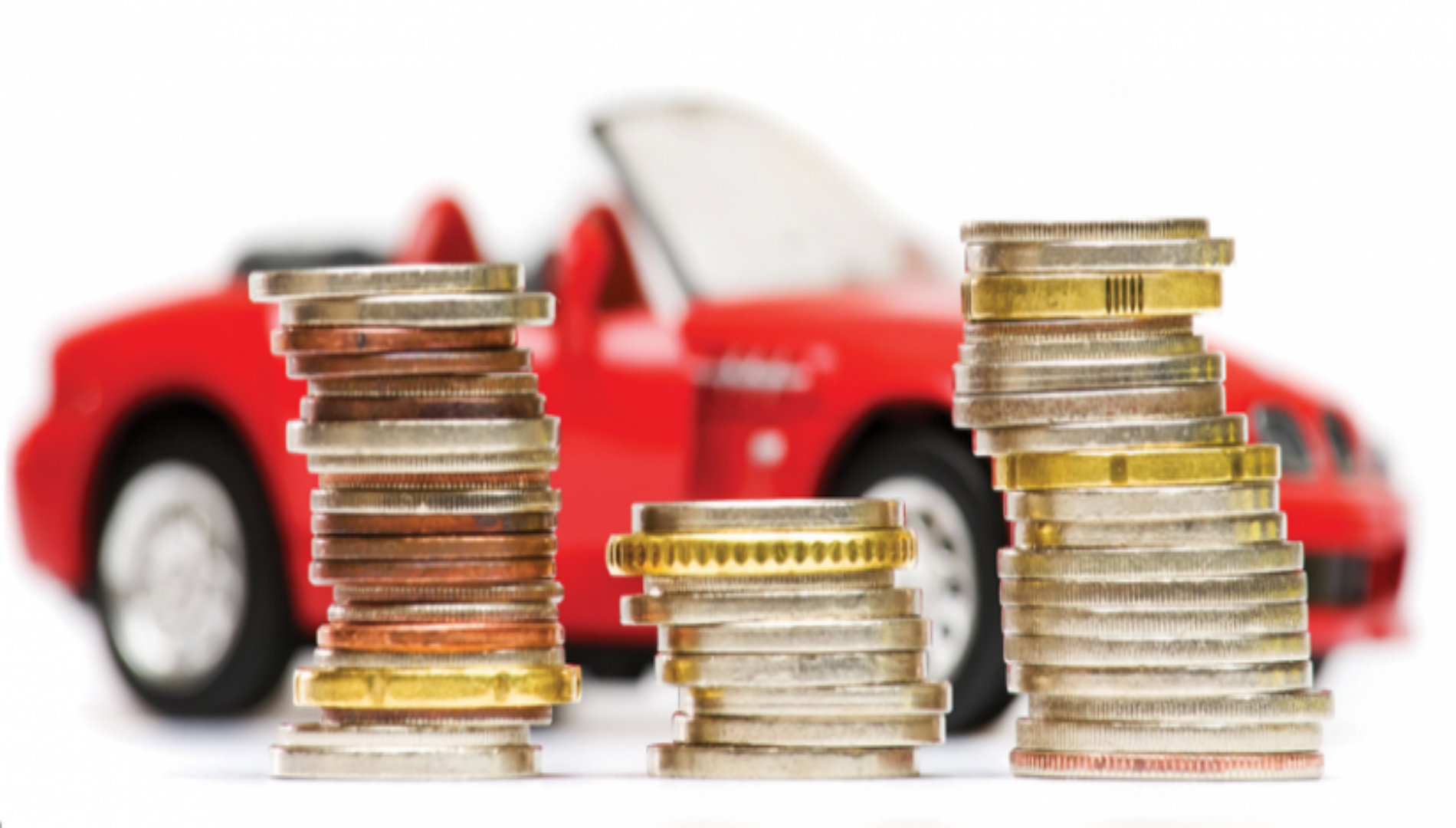When it comes to owning a car, and driving, nothing comes cheap. However, if you were to budget and understand where your existing costs were coming from, you’ll find you can save some £’s for sure.
Here at CarCliq, we go through the types of costs you’ll face as a motorist and how you can effectively save money in ways you didn’t even think of. Tracking your car running costs has never been so simple!
Here at CarCliq, we go through the types of costs you’ll face as a motorist and how you can effectively save money in ways you didn’t even think of. Tracking your car running costs has never been so simple!
Mainly, driving costs come under two types of categories, these being standing charges and running costs. Standing charges are costs related to owning a car and keeping it available to use – this is a cost which incurs, regardless of whether you use the car or not. Running costs do differ, as these are the day-to-day costs which occur when using the car.

Types of Standing Charges
1. Depreciation
- This is the loss of value over time. It’s often overlooked, although this is likely to be the biggest cost of them all.
Money-saving solution: Keep your car in a good and clean condition, deal with minor repairs, keep your mileage low, arrange services according to the manufacturer’s schedule and keep a comprehensive service record.
2. Insurance
- It a legal requirement to have insurance to allow a car on the road.
Money-saving solution: Choose a car in a lower insurance group – this will guarantee you a lower premium, but also use an insurance comparison website to find your best deal too!
3. Car Tax
- Another example of a legal requirement of the road, you must have your car taxed.
Money-saving solution: Diesel cars usually produce less CO2 than the equivalent petrol cars, as they’re more efficient. On the other hand, diesels aren’t for everybody. Diesels aren’t suitable if you’re doing low-mileage, town-based driving.
4. Loan Interest and Cost of Capital
- If you are thinking of borrowing and saving, keep in mind interest rates are very low.
Money-saving solution: Therefore, in principle, if you need to borrow to buy a car, remember to think about interest rates and other fees which may apply to the loan.
Types of Running Charges
1. Fuel
- There are four factors to consider when you’re looking at how much you spend per mile, these being: fuel price, fuel type, the car’s efficiency (fuel consumption) and the way you drive.
Money-saving solution: You must look at your needs, there are pros and cons to each fuel type. To find out what the best fuel type for you is click here.
2. Tyres
- This is a major part of the car which needs regular maintenance, as it’s a safety hazard if you left your tyres under-inflated; it can cause lack of grip on the road and you’ll lose fuel faster.
Money-saving solution: Every two weeks look at your tyres and do the “20p” test. Also, you can find an air pump at many different petrol stations which can cost as little as £1 to make sure your tyres are properly inflated.
3. Servicing and Repairs
- Depending on the manufacturer and how many miles you travel annually, you should at least be having a service once a year.
Money-saving solution: By keeping your car regularly serviced and sticking to your schedule or repairing minor issues as soon as possible, this can retain the vehicle’s value.
4. Parking
- This can be a real annoyance when travelling around the country, as parking can cost a lump sum of money if you were to add up how much you spend on parking fees weekly.
Money-saving solution: Use the Parkopedia app before you set off for your journey, this highlights where your nearest car parks are to your destination, but also the regulations and costs which come with it.
1. Depreciation
- This is the loss of value over time. It’s often overlooked, although this is likely to be the biggest cost of them all.
Money-saving solution: Keep your car in a good and clean condition, deal with minor repairs, keep your mileage low, arrange services according to the manufacturer’s schedule and keep a comprehensive service record.
2. Insurance
- It a legal requirement to have insurance to allow a car on the road.
Money-saving solution: Choose a car in a lower insurance group – this will guarantee you a lower premium, but also use an insurance comparison website to find your best deal too!
3. Car Tax
- Another example of a legal requirement of the road, you must have your car taxed.
Money-saving solution: Diesel cars usually produce less CO2 than the equivalent petrol cars, as they’re more efficient. On the other hand, diesels aren’t for everybody. Diesels aren’t suitable if you’re doing low-mileage, town-based driving.
4. Loan Interest and Cost of Capital
- If you are thinking of borrowing and saving, keep in mind interest rates are very low.
Money-saving solution: Therefore, in principle, if you need to borrow to buy a car, remember to think about interest rates and other fees which may apply to the loan.
Types of Running Charges
1. Fuel
- There are four factors to consider when you’re looking at how much you spend per mile, these being: fuel price, fuel type, the car’s efficiency (fuel consumption) and the way you drive.
Money-saving solution: You must look at your needs, there are pros and cons to each fuel type. To find out what the best fuel type for you is click here.
2. Tyres
- This is a major part of the car which needs regular maintenance, as it’s a safety hazard if you left your tyres under-inflated; it can cause lack of grip on the road and you’ll lose fuel faster.
Money-saving solution: Every two weeks look at your tyres and do the “20p” test. Also, you can find an air pump at many different petrol stations which can cost as little as £1 to make sure your tyres are properly inflated.
3. Servicing and Repairs
- Depending on the manufacturer and how many miles you travel annually, you should at least be having a service once a year.
Money-saving solution: By keeping your car regularly serviced and sticking to your schedule or repairing minor issues as soon as possible, this can retain the vehicle’s value.
4. Parking
- This can be a real annoyance when travelling around the country, as parking can cost a lump sum of money if you were to add up how much you spend on parking fees weekly.
Money-saving solution: Use the Parkopedia app before you set off for your journey, this highlights where your nearest car parks are to your destination, but also the regulations and costs which come with it.
We hope you have benefitted and understood the importance of tracking your car running costs.
For more CarCliq guides click here
For more CarCliq guides click here
